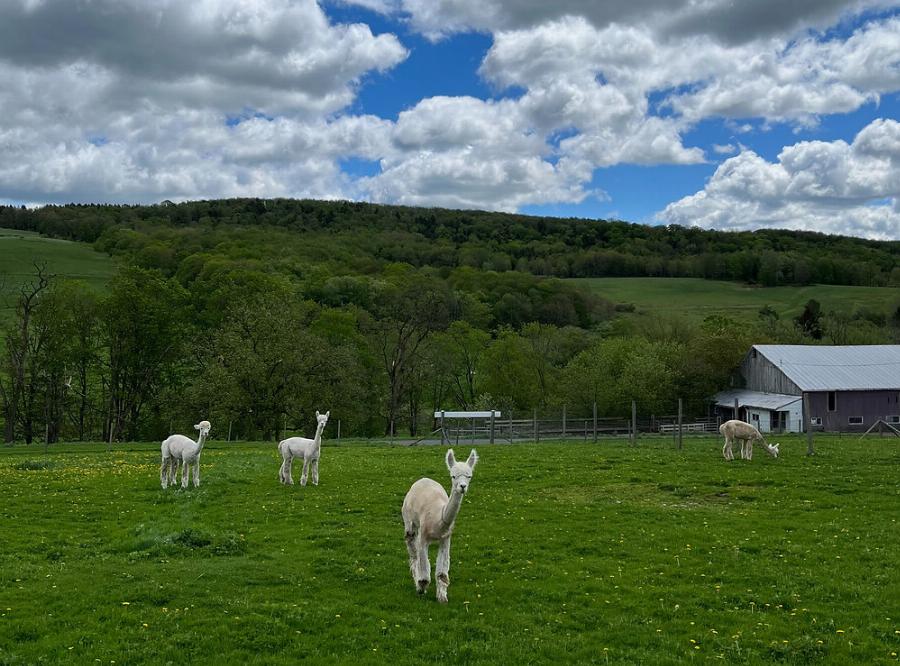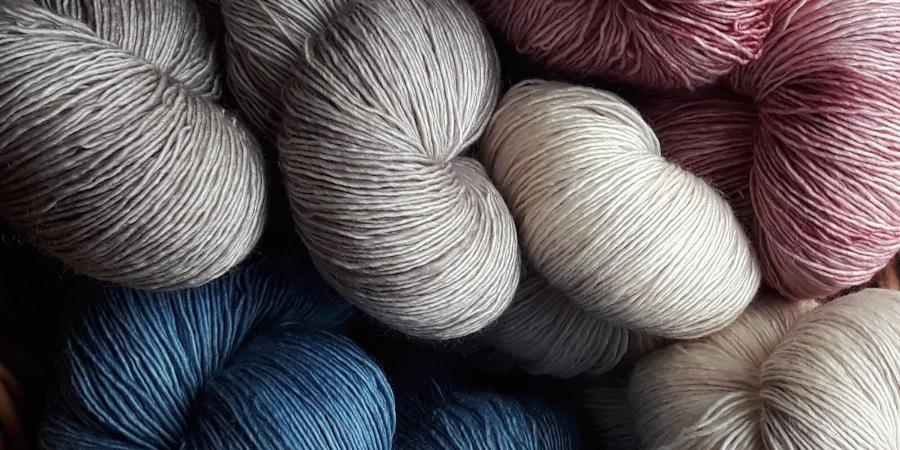Alpaca meningeal worm treatment is a critical aspect of alpaca husbandry, particularly in regions where the parasite Parelaphostrongylus tenuis is prevalent. This sneaky parasite, also known as the meningeal worm or brainworm, can cause devastating neurological damage in alpacas, and understanding its lifecycle, symptoms, and treatment options is crucial for responsible alpaca ownership. Let’s delve into the world of alpaca meningeal worm and equip ourselves with the knowledge to protect these incredible animals.
Origin and Significance of Alpacas
Alpacas, native to the Andes Mountains of South America, have a rich history intertwined with the cultures of the Inca civilization. They were domesticated thousands of years ago for their luxurious fleece, which provided warmth and comfort in the harsh high-altitude environment. Today, these gentle creatures are prized worldwide not only for their fiber but also for their charming personalities and unique characteristics. Imagine fluffy clouds grazing peacefully – that’s the essence of an alpaca herd!
Types of Alpacas and Their Characteristics
Two primary types of alpacas grace the world: the Huacaya and the Suri. The Huacaya, with its dense, crimpy fleece resembling a teddy bear, is the more common breed. The Suri, on the other hand, boasts long, silky locks that drape elegantly, giving it a more glamorous appearance. Both breeds come in a wide array of colors, from classic white and fawn to striking black and grey. Did you know that alpacas are incredibly social animals, thriving in herd environments? Their soft hums and gentle nudges create a calming atmosphere wherever they roam.
 Alpaca Breeds: Huacaya and Suri
Alpaca Breeds: Huacaya and Suri
Alpaca Care and Husbandry: Preventing and Treating Meningeal Worm
Providing proper alpaca care and husbandry is vital for their overall well-being and plays a crucial role in preventing alpaca meningeal worm infestation. Maintaining clean pastures, managing grazing practices, and implementing preventative deworming protocols are essential strategies.
How can I prevent meningeal worm in my alpacas?
Preventative deworming, typically administered under the guidance of a veterinarian, is the cornerstone of alpaca meningeal worm control. This involves regular administration of specific deworming medications that target the Parelaphostrongylus tenuis parasite. Remember, prevention is always better than cure!
What are the symptoms of meningeal worm in alpacas?
Early signs of meningeal worm infestation can be subtle, including slight incoordination, head tilt, and circling. As the disease progresses, more severe neurological symptoms can manifest, such as paralysis, seizures, and ultimately, death if left untreated. Early detection is key to successful alpaca meningeal worm treatment.
What is the treatment for alpaca meningeal worm?
Alpaca meningeal worm treatment often involves administering anti-parasitic medications along with supportive care to manage neurological symptoms. Consult with your veterinarian immediately if you suspect your alpaca has contracted meningeal worm. They can provide a tailored treatment plan based on the severity of the infection.
 Symptoms of Meningeal Worm in Alpacas
Symptoms of Meningeal Worm in Alpacas
The Alpaca Industry and Its Products
The alpaca industry has blossomed, extending beyond fleece production to encompass a wide array of products. From luxurious garments and accessories to soft toys and home décor, alpaca fiber adds a touch of elegance and warmth to everyday life. “The softness of alpaca wool is truly unparalleled,” says renowned textile expert, Dr. Amelia Hernandez. “It’s hypoallergenic, lightweight, and incredibly durable, making it a perfect choice for a variety of products.”
Interesting Facts and Myths about Alpacas
Alpacas are fascinating creatures, shrouded in both facts and myths. Contrary to popular belief, alpacas are not llamas, although they are close relatives. Alpacas are smaller than llamas and are primarily bred for their fleece, while llamas are often used as pack animals. And here’s a fun fact: alpacas communicate through a series of soft hums, clicks, and body language, creating a symphony of sounds in their herds.
 Alpaca Products: Fiber and Yarn
Alpaca Products: Fiber and Yarn
FAQ: Your Alpaca Meningeal Worm Questions Answered
Here are some frequently asked questions about alpaca meningeal worm:
-
Q: How is meningeal worm transmitted to alpacas? A: Alpacas contract meningeal worm by ingesting infected snails or slugs, which act as intermediate hosts for the parasite.
-
Q: Can meningeal worm be prevented? A: Yes, preventative deworming programs can significantly reduce the risk of meningeal worm infestation in alpacas.
-
Q: What are the long-term effects of meningeal worm in alpacas? A: If left untreated, meningeal worm can cause permanent neurological damage, leading to paralysis, seizures, and even death.
-
Q: How often should alpacas be dewormed for meningeal worm? A: The frequency of deworming depends on the prevalence of the parasite in your area. Consult with your veterinarian to establish an appropriate deworming schedule.
-
Q: Is there a vaccine for meningeal worm in alpacas? A: Currently, there is no vaccine available to prevent meningeal worm infestation in alpacas.
Conclusion: Protecting Our Alpaca Companions
Understanding alpaca meningeal worm treatment is essential for responsible alpaca ownership. By implementing preventative measures, recognizing early symptoms, and seeking prompt veterinary care, we can safeguard the health and well-being of these remarkable animals. Let’s continue to learn and share our knowledge, ensuring a bright and healthy future for alpacas everywhere. Remember, understanding alpaca meningeal worm treatment is just one step towards appreciating and caring for these gentle giants.